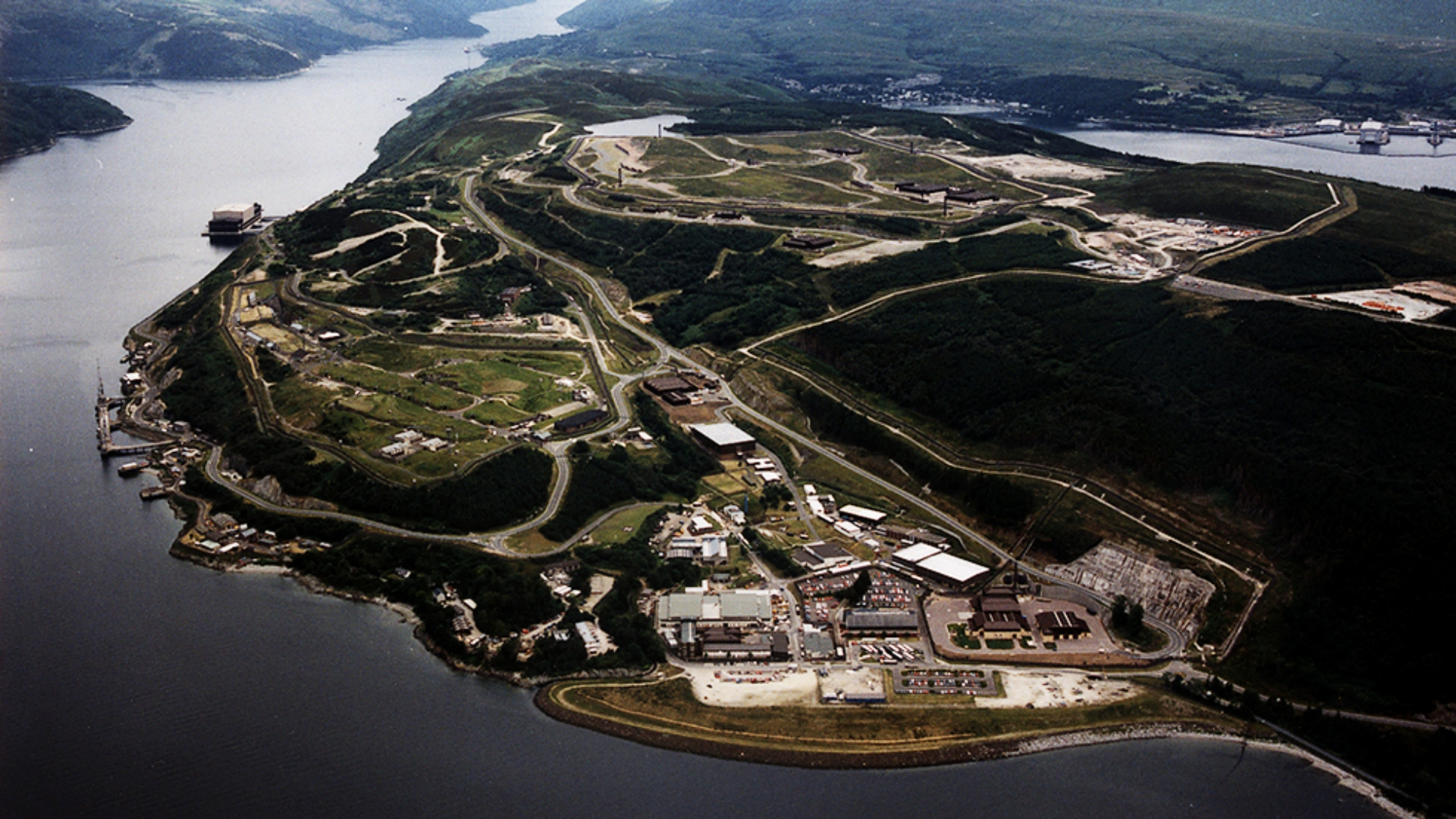A new ban on exporting live animals came into law today (Monday 20 May) as the Animal Welfare (Livestock Exports) Act received Royal Assent, capitalising on a post-Brexit freedoms and bolstering the UK’s position as a world leader in animal welfare standards.
The legislation delivers on a key manifesto commitment to ban the export of live animals including cattle, sheep, and pigs for slaughter and fattening from Great Britain.
It is only possible now the UK has left the European Union, and will stop animals enduring stress, exhaustion and injury on long and unnecessary export journeys.
The Act will ensure that animals are slaughtered domestically in high welfare UK slaughterhouses, reinforcing our position as a nation of animal lovers and a world leader on animal welfare, boosting the value of British meat and helping to grow the economy.
Environment Secretary Steve Barclay said:
“We are proud to have some of the highest animal welfare standards in the world.
“Our new Act makes use of post-Brexit freedoms to deliver one of our manifesto commitments and strengthen these standards even further by preventing the export of live animals for slaughter and fattening, which we know causes animals unnecessary stress and injury.”
Chris Sherwood, Chief Executive of the RSPCA, said:
“After more than 50 years of campaigning, we are absolutely thrilled to see that live export of animals has been banned from Great Britain. This means British animals will no longer be sent on gruelling journeys abroad for further fattening and slaughter in cramped and poor conditions with little or no access to food or water.
“As one of the first countries in the world to abolish this practice, this vital step for animal welfare sends an important message globally and we hope to see other countries follow suit soon.
“As we mark our 200th anniversary as a charity and look to the future of animal welfare, it’s great to see this outdated practice is finally consigned to the past. This ban marks a huge step forward for animal welfare and further shows that we are a nation of animal lovers - who care for every kind. We’d like to say thank you to all our supporters, all those who have campaigned on this issue, and to the UK Government for making this milestone moment for animals happen.”
Philip Lymbery, Global CEO at Compassion in World Farming said:
“This is a day to truly celebrate! We are delighted that this legislation has passed through both Houses of Parliament with cross party support. And we commend the Government on delivering on this hugely important promise. This long-awaited law will ensure that Britain will never return to the dark days of exporting up to 2.5 million sheep and calves annually to Europe or beyond for slaughter or fattening.
“Compassion in World Farming and its dedicated supporters have been campaigning to ban live exports for over 50 years. To finally see this cruel practice brought to an end is momentous for animal welfare and a day that will be celebrated for decades to come!”
Roly Owers, World Horse Welfare Chief Executive said:
“Today is a defining moment in our nearly century-long and founding campaign. The passage of this law ensures that no horse, pony or donkey will legally be exported from Great Britain for slaughter and while this is a monumental step forward, plenty more needs to be achieved to effectively combat the illegal export of equines from the country.
“This will rely on the new law being effectively enforced and the introduction of full traceability of all equines, and we look forward to working with Defra to achieve this.”
As the highest ranked G7 nation according to World Animal Protection’s Index, the Government is committed to high animal welfare standards and ensuring all animals are treated well at all stages of life. We have been clear that animals should only be transported when necessary, and if possible should not travel long distances to be slaughtered.
Live exports in other specific circumstances, for example, for breeding and competitions, will still be allowed provided animals are transported in line with legal requirements which protect their welfare. The legislation follows a consultation on ending live animal exports in which 87% of respondents agreed that livestock should not be exported for slaughter and fattening.
This Bill also follows a manifesto commitment and Action Plan for Animal Welfare pledge to ban the export of live animals for slaughter and fattening. Enabling regulations will be made as soon as possible to bring the ban into force.
The Act is just one part of a wider Government effort to enhance our existing world-leading standards. For farm animals, we have introduced new statutory welfare codes for pigs, laying hens and meat chickens, banned the use of conventional battery cages for laying hens and made CCTV mandatory in slaughterhouses.
Since publishing the Action Plan for Animal Welfare in 2021, we have brought in new laws to recognise animal sentience, introduced tougher penalties for animal cruelty offences, announced an extension of the ivory ban to cover other ivory bearing species, supported legislation to ban glue traps and the import of detached shark fins, and introduced measures to ban the advertising and offering for sale of low welfare activities abroad.
We have also achieved our commitment to deliver the Kept Animals Bill measures individually, with all of the measures that require legislation back before Parliament and the pets as primate restrictions already law.
Kept Animals Bill measures are:
- The Animal Welfare (Livestock Exports) Act – which is only possible now we have left the European Union – will put an end to the export of live animals for slaughter and fattening from Great Britain, stopping animals enduring stress, exhaustion and injury on long and unnecessary export journeys. The full list of animals covered by the Bill is: cattle, sheep, goats, pigs and horses.
- The Pet Abduction Bill – which has government support - will create a new specific offence to tackle dog and cat abduction.
- The Animal Welfare (Import of Dogs, Cats and Ferrets) Bill – also supported by government – which will introduce tougher powers to tackle illegal cat and dog smuggling.
- The Dogs (Protection of Livestock) (Amendment) Bill – also supported by government - will introduce tougher powers to tackle livestock worrying incidents.
- We have delivered new legislation protecting primates, which will bring in a strict licensing scheme to ensure that only private keepers who meet new welfare and licensing standards will be able to keep primates.











